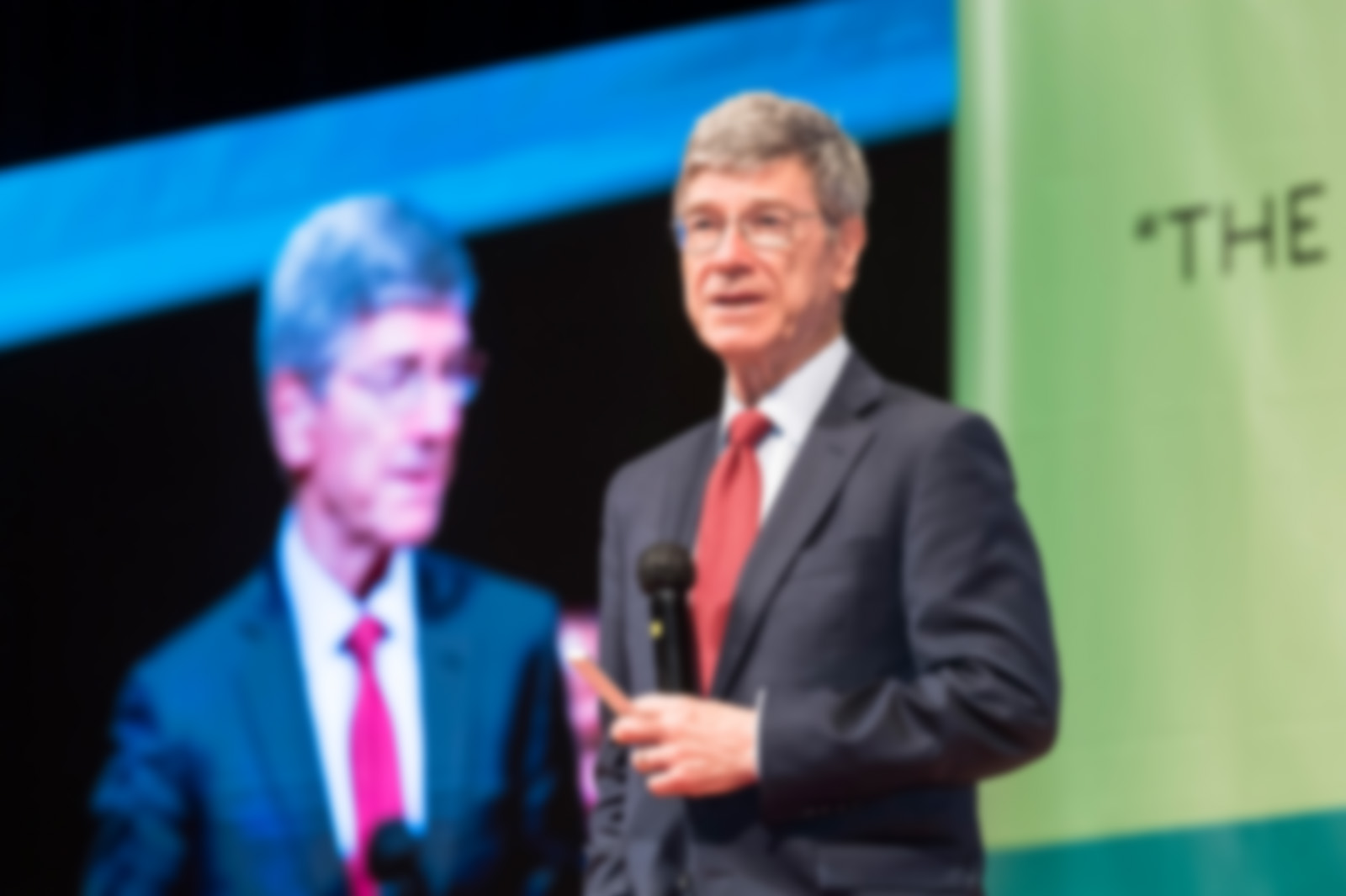

Time is running out, but it’s not too late to save the planet from hurtling over the precipice of climate change and geopolitical rivalry, according to US economist Professor Jeffrey Sachs, director of the Center for Sustainable Development at Columbia University.
Speaking at a distinguished lecture at City University of Hong Kong (CityU) on 6 October, Professor Sachs argued that new politics for sustainable development based on peaceful global cooperation, as well as ethics that transcend national rivalries, prejudice and history, are urgently needed to tackle the global crises we collectively face.
“Yes, ethical precepts, of course, differ across societies, but their deeper commonalities of human needs and the common good shine through. We can find a way to create a harmonious and peaceful world if we put our best knowledge and ethics towards that task,” he said.
Professor Sachs has close connections with CityU. He received an honorary doctorate after his lecture in recognition of his robust contributions to education, well-being and peace. He participated in a forum on carbon neutrality and sustainable environment in 2022 at the Hong Kong Institute for Clean Energy and Hong Kong Institute for Advanced Study, both based at CityU.
At his lecture on 6 October, Professor Sachs identified six key characteristics of the current global era that help to contextualise much of the tensions currently impacting the planet: economic convergence, multipolar geopolitics, rapid technological change, massive environmental stresses, rapid demographic change and public goods at global and regional scales.


Economic convergence is significant for alleviating poverty, he said. It often means a fairer distribution of financial resources, a phenomenon witnessed in East Asia over the last two decades, where once moribund national economies are now global powerhouses.
At the same time, economic convergence and a rising China threaten US hegemony, he argued, souring Sino-US relations and hindering dialogue, cooperation and collaboration, especially on impending climate disasters.
Yet nothing is impossible, he said. “We have the finances, technology and the knowledge to overcome these problems,” he said, adding that solutions are “practicable and within our grasp”.
The biggest obstacle, he said, is the lack of political will to cooperate. He was especially critical of the US for its lack of a coherent global perspective and sense of history in its dealings with other nations. He renewed his call to move beyond nation-state-based models for tackling crises that seem perpetually stuck in the confines of narrow self-interest.
Instead, the new politics should be based on friendship, respect and a sense of ethical behaviour that demands face-to-face dialogues as the core mechanism for solving problems.
“I’m a big believer in deliberation and negotiation,” he said, adding that small talk, reaching out to fellow humans and creating ties and links are essential for this new global political landscape.
He concluded by urging students, faculty, friends and supporters at CityU to deploy the wisdom of ancient thinkers as the basis for a new global mindset.
“What has struck me in my own studies of Aristotle, Confucius, Buddha and other ancient sages is that they all perceived the need for truth, honesty, friendship, cooperation, civility, compassion, and good governance,” he said.
He was very positive about CityU in his address, referring to its “superb leadership” and “the world-class excellence of its faculty and students”. He said it’s already recognised as among the world’s leading universities even though it is still a young university.
“That’s an incredible achievement, one that reflects the astounding dynamism of Hong Kong,” he said.
To view the video of the Distinguished Lecture, please click here.
To view the video of Professor Sachs’ interview with President Boey, please click here.






